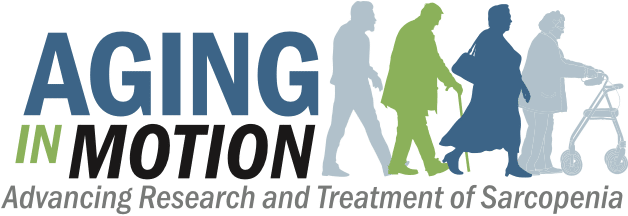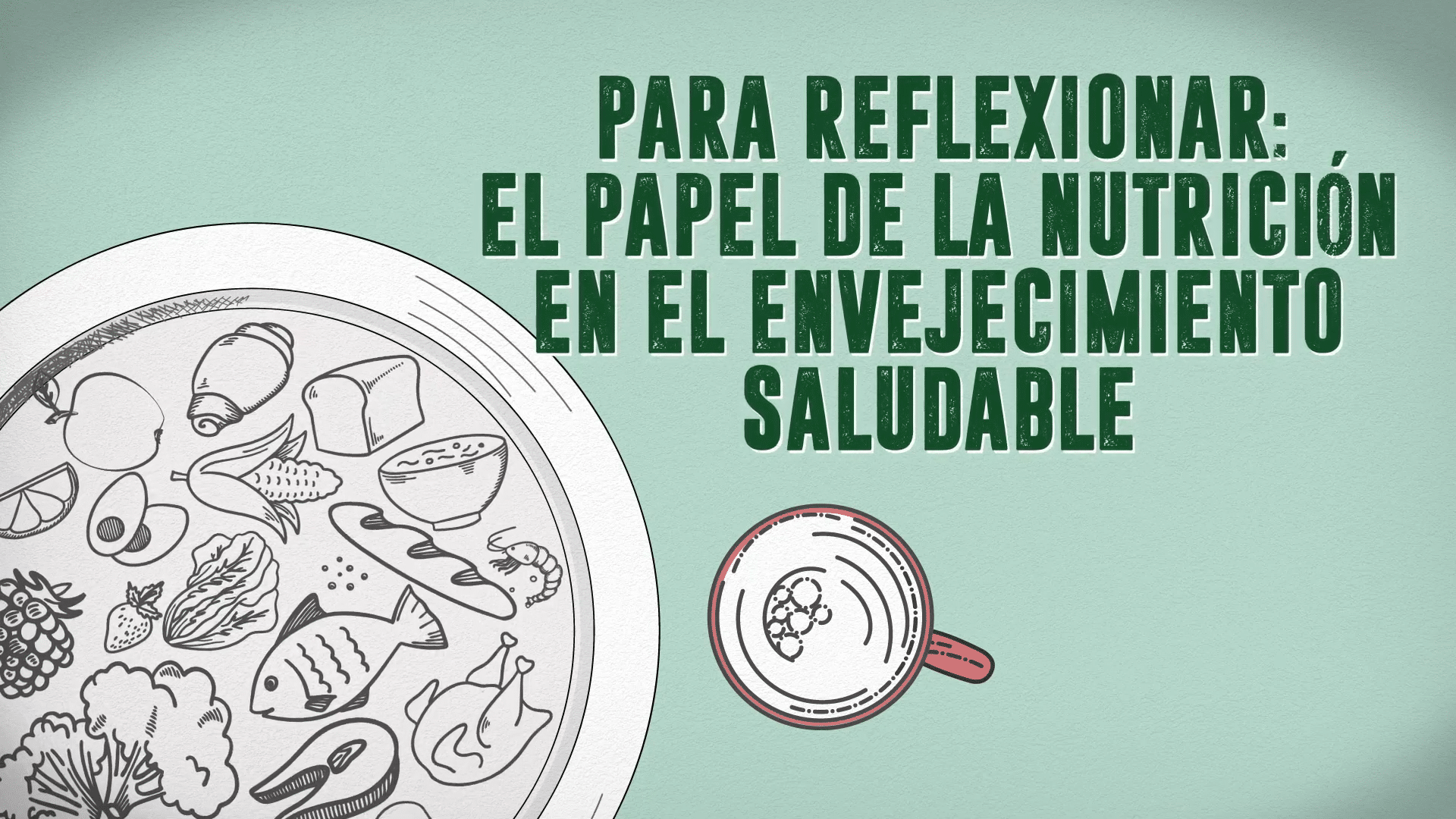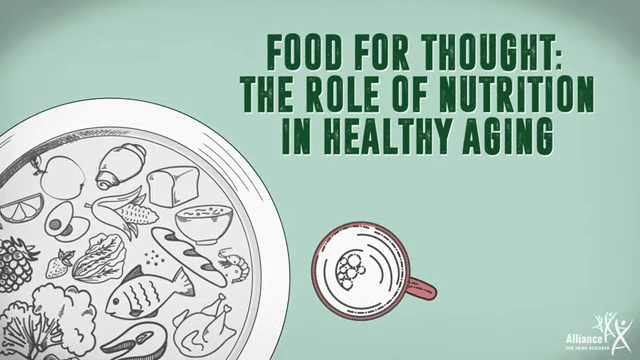Sarcopenia: Taking Charge of Your Muscle Health As You Age
We all lose muscle mass as we age, but some of us lose it more quickly because of a serious…
more.
Starting as early as age 30, we all begin to lose muscle mass and strength. However, some of us lose it more quickly due to a serious condition called sarcopenia, which becomes more common with age. Sarcopenia can significantly impact a person’s quality of life by reducing the ability to perform simple tasks of daily living, increasing disability, and reducing independence and increasing the need for long-term care. It can also lead to health problems/complications such as falls and fractures, more frequent and longer hospitalizations, more post-surgery complications, and a raised risk of death.
Even though 10 – 20% of older adults are estimated to have sarcopenia, many individuals aren’t diagnosed or treated for the condition. Symptoms can include falling, muscle weakness, slow walking speed, self-reported muscle wasting, and difficulty performing normal daily activities. If you think you may be at risk or experiencing the symptoms of sarcopenia, you should talk to your healthcare professional. You can also learn more about your risk by
taking the SARC-F short questionnaire.
Sarcopenia is usually treated by focusing on physical activity like progressive resistance-based strength training, and a healthy diet including lean proteins. There are not currently any medications for sarcopenia.
Aging in Motion (AIM) was originally started as a coalition by the Alliance for Aging Research, bringing together a diverse group of patient, caregiver, health, and aging groups. The coalition of groups worked together to press for greater levels of research and innovation to develop treatments, overcome obstacles that impede development of new treatments, raise awareness about sarcopenia and its impact in the community, and advance consensus among clinicians and regulators on measures and outcomes to determine efficacy of potential new therapies. In 2016, the AIM Coalition worked with the Centers for Disease Control and Prevention (CDC) to create an ICD-10 code (M62.84) for sarcopenia, a huge advance for the field.
In recent years, the primary goal of AIM has shifted to education and awareness, while continuing to stay involved in the efforts to forge consensus and advance treatment options.
Aging in Motion is part of the Global Leadership Initiative in Sarcopenia (GLIS). This is an important projected focused on creating an all-encompassing definition of sarcopenia and includes leading experts from around the world.

We all lose muscle mass as we age, but some of us lose it more quickly because of a serious…
more.
Todos perdemos masa muscular a medida que envejecemos, pero algunos la perdemos más rápidamente debido a una afecci…
more.
The way we eat throughout our lives impacts the way we age. Science has proven that a well-balanced and…
more.